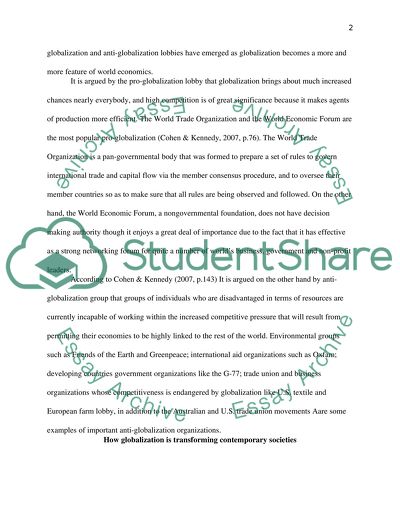Cite this document
(“Globalization Essay Example | Topics and Well Written Essays - 2000 words - 1”, n.d.)
Retrieved from https://studentshare.org/sociology/1396438-globalization
Retrieved from https://studentshare.org/sociology/1396438-globalization
(Globalization Essay Example | Topics and Well Written Essays - 2000 Words - 1)
https://studentshare.org/sociology/1396438-globalization.
https://studentshare.org/sociology/1396438-globalization.
“Globalization Essay Example | Topics and Well Written Essays - 2000 Words - 1”, n.d. https://studentshare.org/sociology/1396438-globalization.


